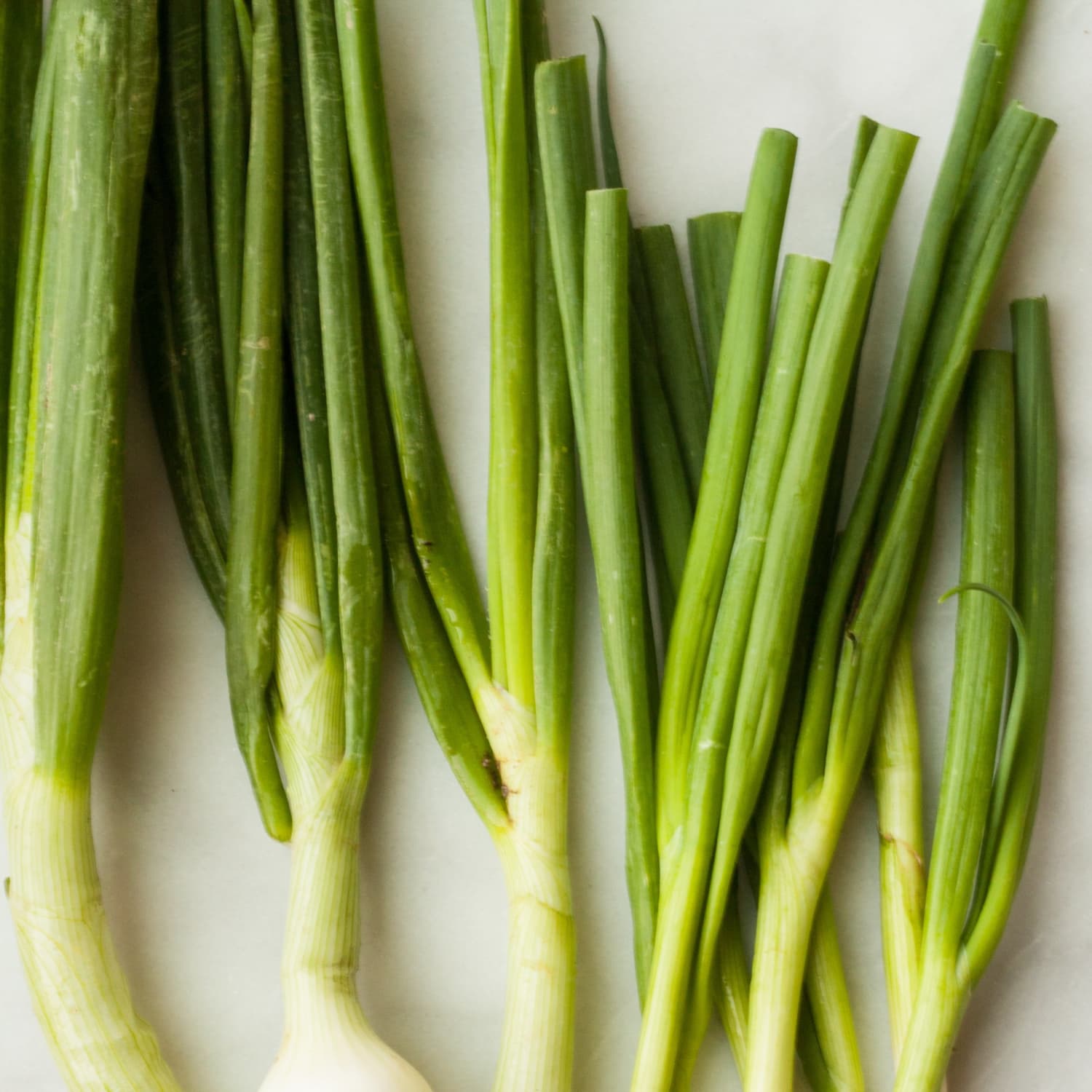

Articles
How To Store Scallions
Modified: August 16, 2024
Learn the best methods and tips for storing scallions in this informative article. Keep your scallions fresh for longer with these storage techniques.
(Many of the links in this article redirect to a specific reviewed product. Your purchase of these products through affiliate links helps to generate commission for Storables.com, at no extra cost. Learn more)
Introduction
Scallions, also known as green onions or spring onions, are versatile and flavorful ingredients that add a fresh burst of taste to numerous dishes. Whether you use them in soups, stir-fries, salads, or as a garnish, scallions can elevate the flavor profile of your meals. However, like most fresh produce, scallions have a limited shelf life and can spoil quickly if not stored properly.
Proper storage of scallions is essential to extend their freshness and maintain their vibrant flavor. By following the correct storage methods, you can ensure that your scallions remain crisp, flavorful, and ready to use whenever you need them.
In this article, we will explore the best storage methods for scallions, including refrigerator storage, freezing, preserving in oil, and drying. We will also share some handy tips and precautions to help you store scallions effectively.
Key Takeaways:
- Extend the shelf life of scallions by refrigerating, freezing, preserving in oil, or drying. Enjoy their vibrant flavor and minimize waste with proper storage methods.
- Keep scallions fresh and flavorful by controlling moisture, using airtight containers, and exploring versatile storage options. Maximize their shelf life and elevate your culinary creations!
Read more: How To Store Scallions In The Refrigerator
Why Proper Storage Matters
Proper storage of scallions is crucial for several reasons. Firstly, it helps to preserve the freshness and flavor of the scallions. When scallions are stored correctly, they maintain their crisp texture and vibrant green color, making them more visually appealing.
Secondly, storing scallions properly can help to prevent wastage. When scallions are not stored correctly, they can quickly spoil and become limp or slimy, rendering them inedible. This can be frustrating and lead to unnecessary food waste.
Furthermore, proper storage can save you money. Buying scallions in bulk or when they are on sale is a great way to save money, but without proper storage, they can go bad before you have the chance to use them. By employing the right storage methods, you can extend the shelf life of your scallions and avoid having to throw away unused portions.
Lastly, proper storage allows for convenience and ease of use. When scallions are stored correctly, they are readily available whenever a recipe calls for them. This eliminates the need for last-minute trips to the grocery store and ensures that you always have a fresh supply of scallions on hand to enhance your dishes.
Overall, proper storage of scallions is essential to maintain their freshness, prevent wastage, save money, and ensure convenience in your cooking endeavors.
Best Storage Methods
When it comes to storing scallions, there are several effective methods to choose from. The best storage method for you may depend on your personal preferences and how you plan to use the scallions in the future. Let’s explore some of the most popular storage methods:
- Refrigerator Storage: One of the easiest and most common methods is to store scallions in the refrigerator. Start by trimming the roots and any damaged parts of the scallions. Place them in a plastic bag or wrap them in a damp paper towel before storing them in the crisper drawer of your refrigerator. This method can keep scallions fresh for up to a week.
- Freezing Scallions: Freezing scallions is an excellent option if you want to preserve them for a longer period. Begin by chopping the scallions into small pieces or slicing them into thin rounds. Spread the chopped scallions on a baking sheet and place them in the freezer until they are frozen solid. Once frozen, transfer the scallions to a freezer-safe bag or container for long-term storage. Frozen scallions can be added directly to recipes without the need to thaw.
- Preserving Scallions in Oil: Another popular method to store scallions is by preserving them in oil. Start by slicing the scallions into small pieces and placing them in a sterilized jar. Cover the scallions completely with a neutral oil such as olive oil or vegetable oil. Seal the jar tightly and store it in the refrigerator. The oil helps to preserve the flavor and texture of the scallions while preventing oxidation.
- Drying Scallions: Drying scallions is an ideal storage method if you want to have a long-lasting supply on hand. Begin by slicing the scallions into thin rounds or strips. Arrange the sliced scallions on a baking sheet in a single layer and allow them to air dry for several days or use a dehydrator for faster drying. Once completely dry, store the dried scallions in an airtight container in a cool, dry place. Dried scallions can be used as a seasoning or rehydrated before use.
These storage methods are effective in preserving the freshness and flavor of scallions, allowing you to enjoy them long after you’ve purchased or harvested them.
Method 1: Refrigerator Storage
Refrigerator storage is one of the simplest and most popular methods for storing scallions. Follow these steps to ensure your scallions stay fresh in the refrigerator:
- Preparation: Start by trimming the roots and any damaged or wilted parts of the scallions. Removing the roots helps prevent moisture and bacterial growth.
- Moisture Control: To maintain the crispness of the scallions, you can wrap them in a slightly damp paper towel. The moisture helps to keep the scallions hydrated without making them soggy.
- Storage Container: Place the scallions in a plastic bag or airtight container. Alternatively, you can also store them in a glass of water, similar to how you would store fresh cut flowers. Cover the top of the container with a plastic bag or use a container with a tight-fitting lid.
- Location: Store the scallions in the crisper drawer of your refrigerator, which is designed to maintain a slightly higher humidity level. This will help preserve the freshness and texture of the scallions.
- Rotation: It’s important to check on your stored scallions regularly and use them within a week. The longer scallions sit in the refrigerator, the more likely they are to lose their freshness and flavor.
By following these steps, your scallions will stay fresh in the refrigerator for up to a week. Remember to check on them periodically and use them promptly to enjoy their maximum flavor and texture.
Method 2: Freezing Scallions
If you have an abundant supply of scallions and want to preserve them for a longer period, freezing is an excellent storage method. Follow these steps to freeze your scallions:
- Preparation: Start by washing the scallions thoroughly and pat them dry with a kitchen towel. Remove any wilted or damaged parts.
- Chopping: Chop the scallions into small pieces or slice them into thin rounds, depending on your preference and how you plan to use them in the future. Uniformly sized pieces freeze and thaw more evenly.
- Flash Freezing: Spread the chopped scallions in a single layer on a baking sheet or tray lined with parchment paper. Make sure the pieces don’t touch each other to prevent them from sticking together. Place the baking sheet in the freezer and allow the scallions to freeze completely. This process, known as flash freezing, prevents the scallions from clumping together.
- Storage: Once the scallions are frozen solid, transfer them to freezer-safe bags or airtight containers. Label the containers with the date for future reference.
- Usage: Frozen scallions can be used directly in cooked dishes, such as stir-fries, soups, and casseroles. There’s no need to thaw them before adding to your recipes.
- Shelf Life: Frozen scallions can retain their quality for up to three months. After this point, their flavor and texture may start to deteriorate. To enjoy the best quality, try to use them within this timeframe.
By following these steps, you can freeze scallions and have them readily available whenever you need them for your favorite recipes. Whether it’s a hearty stew or a quick stir-fry, frozen scallions can add a burst of freshness and flavor to your dishes.
Store scallions in a glass of water, covering the roots, and place in the refrigerator. Change the water every few days to keep them fresh for longer.
Read more: How To Store Store-Bought Bread
Method 3: Preserving Scallions in Oil
Preserving scallions in oil is a fantastic way to store them while infusing the oil with their delicious flavor. Follow these steps to preserve scallions in oil:
- Preparation: Begin by cleaning the scallions thoroughly to remove any dirt or debris. Trim off the roots and any damaged parts of the scallions.
- Slicing: Slice the scallions into small pieces, either on the diagonal or into thin rounds. The choice of slicing style is up to your personal preference.
- Sterilize the Jar: Use a sterilized glass jar with an airtight seal to ensure the preservation of the scallions. This can be done by boiling the jar and lid in water for a few minutes or running them through the dishwasher on a high-temperature setting.
- Layering: Begin by placing a layer of sliced scallions at the bottom of the jar. Continue layering scallions until the jar is almost full, leaving some space at the top for the oil.
- Adding Oil: Pour a neutral oil, such as olive oil or vegetable oil, into the jar, ensuring that the scallions are fully submerged. The oil acts as a preservative, preventing the scallions from browning or spoiling.
- Sealing and Storing: Seal the jar tightly and store it in the refrigerator. The cool temperature will help to maintain the freshness and quality of the scallions.
- Usage: The preserved scallions can be used in various dishes, such as salads, pasta, or as a flavoring agent for dressings and marinades. The oil can also be used for cooking or drizzling over dishes to infuse them with the scallion flavor.
- Shelf Life: Preserved scallions in oil can last for several weeks in the refrigerator. However, it is essential to keep an eye out for any signs of spoilage, such as mold or off smells. If you notice any, discard the entire jar.
By preserving scallions in oil, you not only extend their shelf life but also create a versatile condiment that can enhance the flavor of a wide range of dishes. Enjoy the convenience and unique taste that the preserved scallions in oil bring to your culinary creations!
Method 4: Drying Scallions
Drying scallions is an excellent method for long-term storage and can be used as a flavorful seasoning or rehydrated for use in various recipes. Follow these steps to dry scallions:
- Preparation: Start by cleaning the scallions thoroughly to remove any dirt or debris. Trim off the roots and any damaged parts of the scallions.
- Slicing: Slice the scallions into thin rounds or strips. The slices should be uniform in size to ensure even drying.
- Drying Method 1: Air Drying: Arrange the sliced scallions in a single layer on a wire rack or a baking sheet lined with parchment paper. Place the rack or baking sheet in a well-ventilated area with good air circulation. Allow the scallions to air dry for several days until they become brittle and crisp. This method can take anywhere from a few days to a week depending on the humidity levels in your environment.
- Drying Method 2: Dehydrator: If you have a food dehydrator, you can use it to speed up the drying process. Place the sliced scallions on the dehydrator trays in a single layer. Follow the manufacturer’s instructions for drying fruits or vegetables to determine the appropriate temperature and drying time. Dehydrating scallions typically takes around 6-8 hours.
- Storage: Once the scallions are completely dry, transfer them to an airtight container such as a glass jar or a zip-top bag. Make sure the container is clean and dry to prevent moisture from causing the dried scallions to become rehydrated or spoil. Label the container with the date to keep track of their freshness.
- Usage: Dried scallions can be used as a seasoning in various dishes, such as soups, stews, sauces, or dips. They add a concentrated flavor and aroma to your recipes. To rehydrate the dried scallions, you can soak them in warm water for a few minutes before using them in your cooking.
- Shelf Life: Properly dried scallions can be stored for up to a year in a cool, dry place. However, it’s always a good idea to check for any signs of spoilage, such as a change in color or off smells, before using them in your recipes.
By drying scallions, you can enjoy their vibrant flavor and aroma throughout the year. Experiment with using dried scallions in different recipes to add a burst of onion-like taste to your dishes!
Storage Tips and Precautions
To ensure the best storage conditions for scallions and maintain their freshness, consider the following tips and precautions:
- Freshness: Purchase scallions that are firm and have vibrant green tops. Avoid scallions that have wilted leaves or discolored parts, as these may already be starting to spoil.
- Preparation: Clean the scallions thoroughly before storage to remove any dirt or debris. Trim off the roots and any damaged or wilted parts.
- Moisture Control: Excess moisture can cause scallions to become slimy and spoil faster. Therefore, it’s important to store scallions in a dry environment or use methods like refrigeration or drying to control moisture levels.
- Airtight Containers: Use airtight containers such as plastic bags, glass jars, or airtight containers with a lid to store scallions. This helps to prevent moisture loss and limit exposure to air that can cause spoilage.
- Labeling: Properly label your storage containers with the date to keep track of the freshness of your scallions. This allows you to use them in the correct order and prevents them from being forgotten or left unused for too long.
- Regular Checkups: Periodically inspect your stored scallions for any signs of spoilage, such as mold, slime, or off smells. If you notice any indication of spoilage, discard the affected scallions and thoroughly clean the storage container.
- Rotate and Use: Scallions have a relatively short shelf life, so it’s essential to use them promptly. Rotate your scallions, using the oldest ones first to ensure they are enjoyed at their peak freshness.
- Versatile Storage Methods: Experiment with different storage methods to find the one that suits your needs best. Refrigeration, freezing, preserving in oil, and drying are all effective ways to extend the shelf life of scallions.
By following these storage tips and precautions, you can maximize the shelf life and flavor of your scallions, reducing waste and ensuring that you always have fresh scallions available for your culinary creations.
Conclusion
Proper storage of scallions is essential to maintain their freshness, flavor, and texture. Whether you have an abundance of scallions from your garden or you want to make the most of a grocery store purchase, knowing the best storage methods can help you enjoy scallions longer and minimize waste.
Refrigerator storage is a simple and effective option, keeping scallions fresh for up to a week. Freezing scallions extends their shelf life for several months, allowing you to enjoy them whenever needed. Preserving scallions in oil enhances their flavor and gives you a versatile condiment to enhance a wide array of dishes. Drying scallions provides a seasoning option that adds a burst of flavor to soups, stews, and more.
Regardless of which method you choose, following some general storage tips can help ensure the best results. Clean the scallions before storing, control moisture levels, use airtight containers, regularly check for spoilage, label storage containers, rotate usage, and explore different storage methods based on your needs and preferences.
By implementing these storage techniques, you can prolong the shelf life of scallions, reduce waste, and always have scallions on hand to enhance the flavor of your favorite recipes.
So, next time you have scallions in your kitchen, remember to store them properly to maintain their freshness and enjoy their delightful taste in your culinary creations!
Frequently Asked Questions about How To Store Scallions
Was this page helpful?
At Storables.com, we guarantee accurate and reliable information. Our content, validated by Expert Board Contributors, is crafted following stringent Editorial Policies. We're committed to providing you with well-researched, expert-backed insights for all your informational needs.
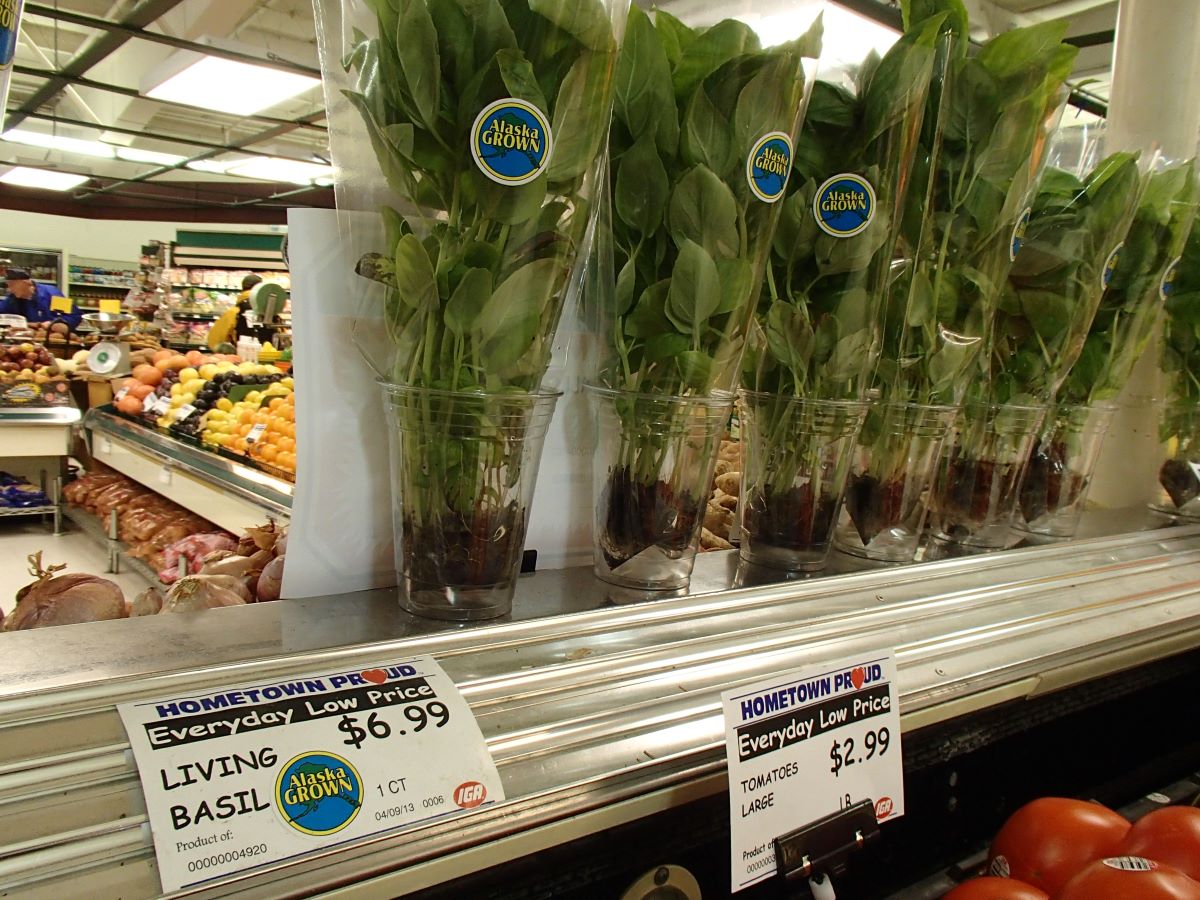

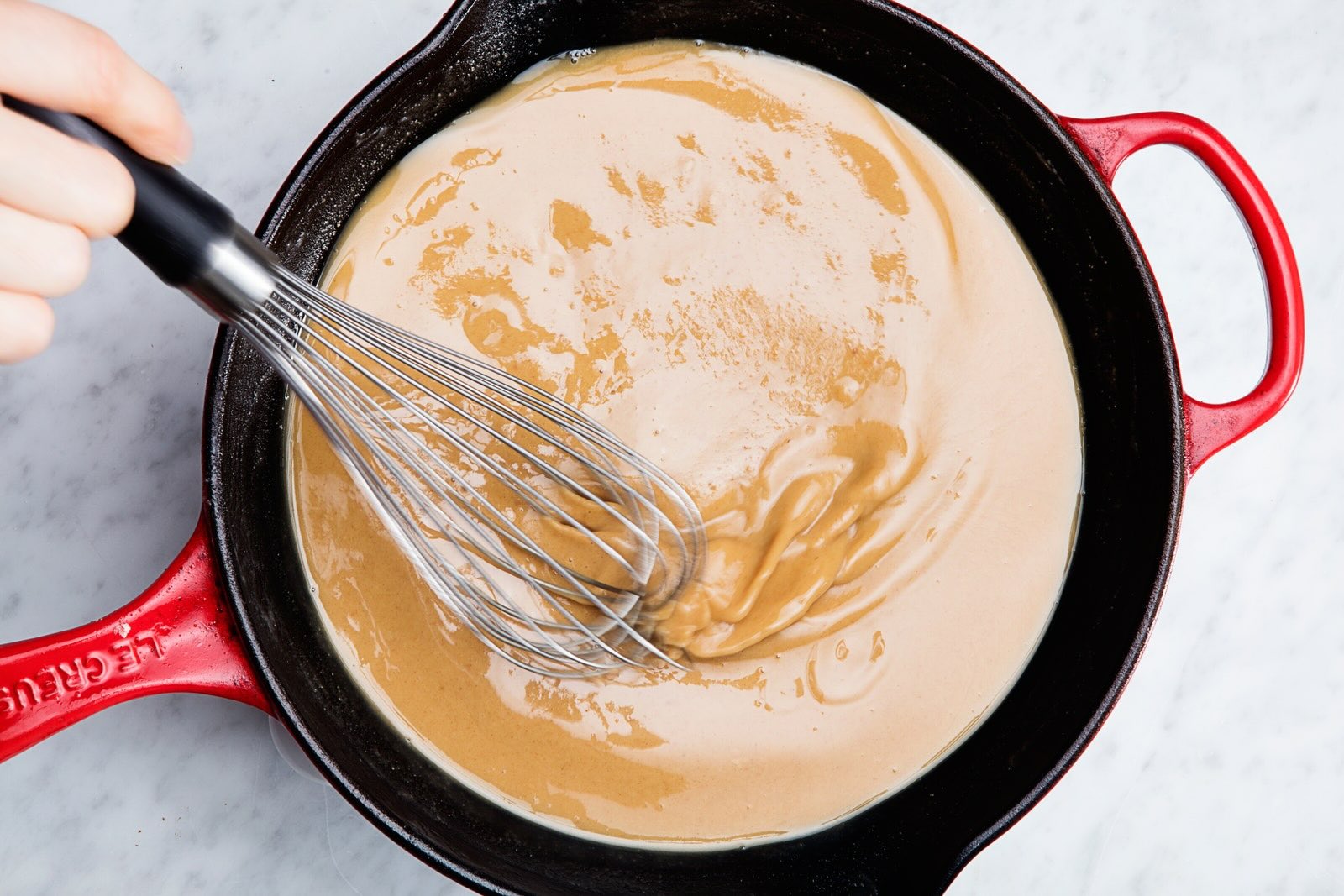




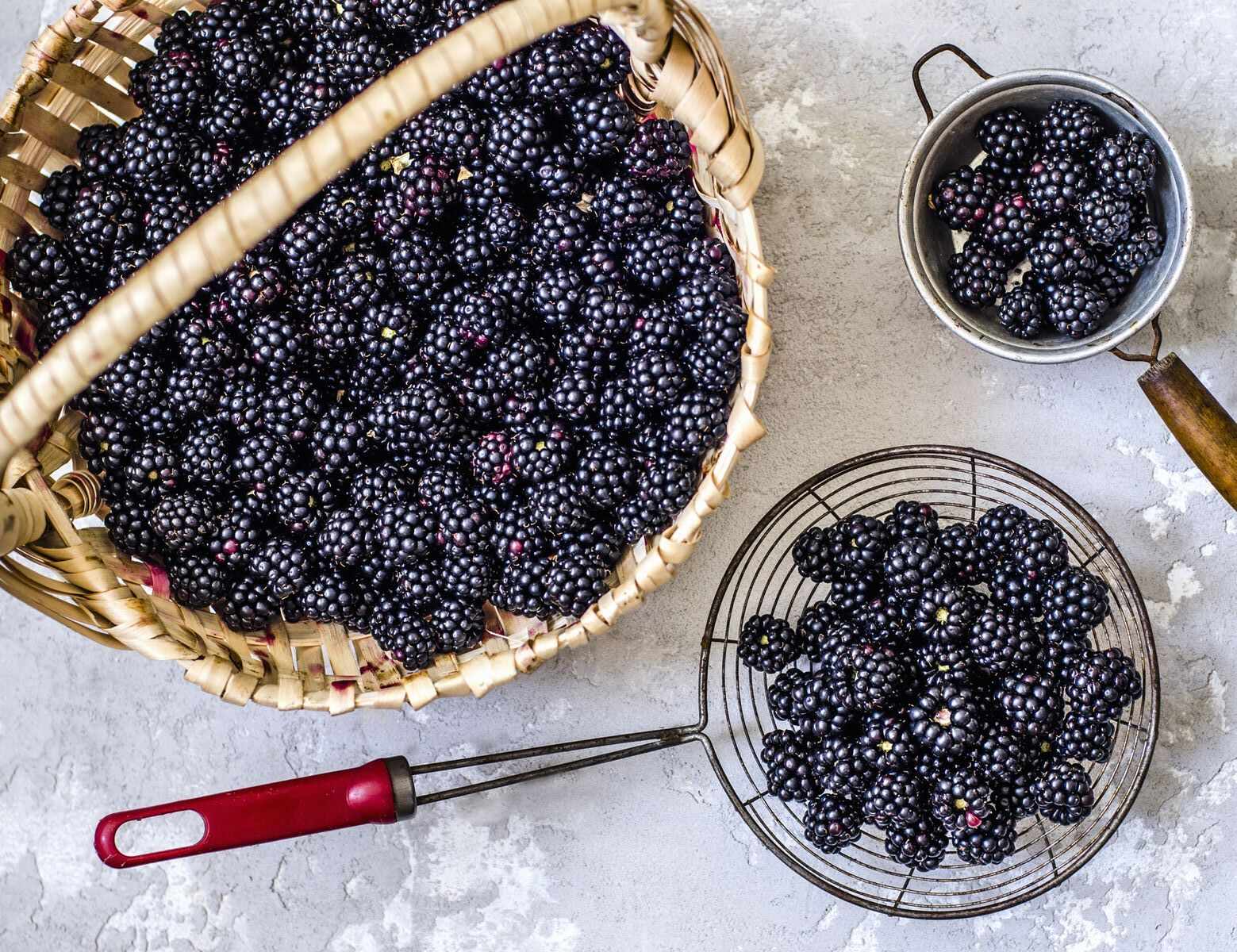


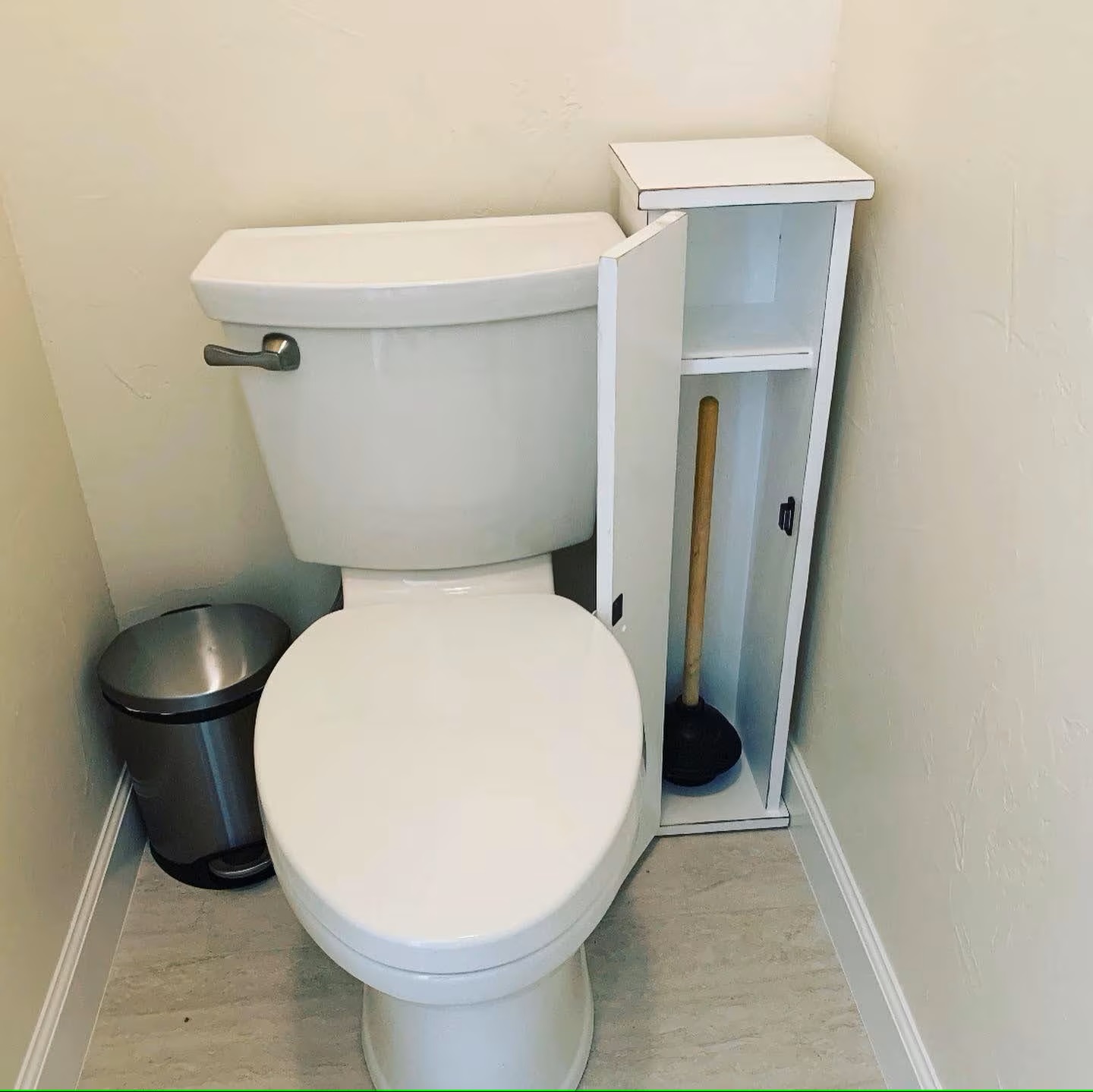

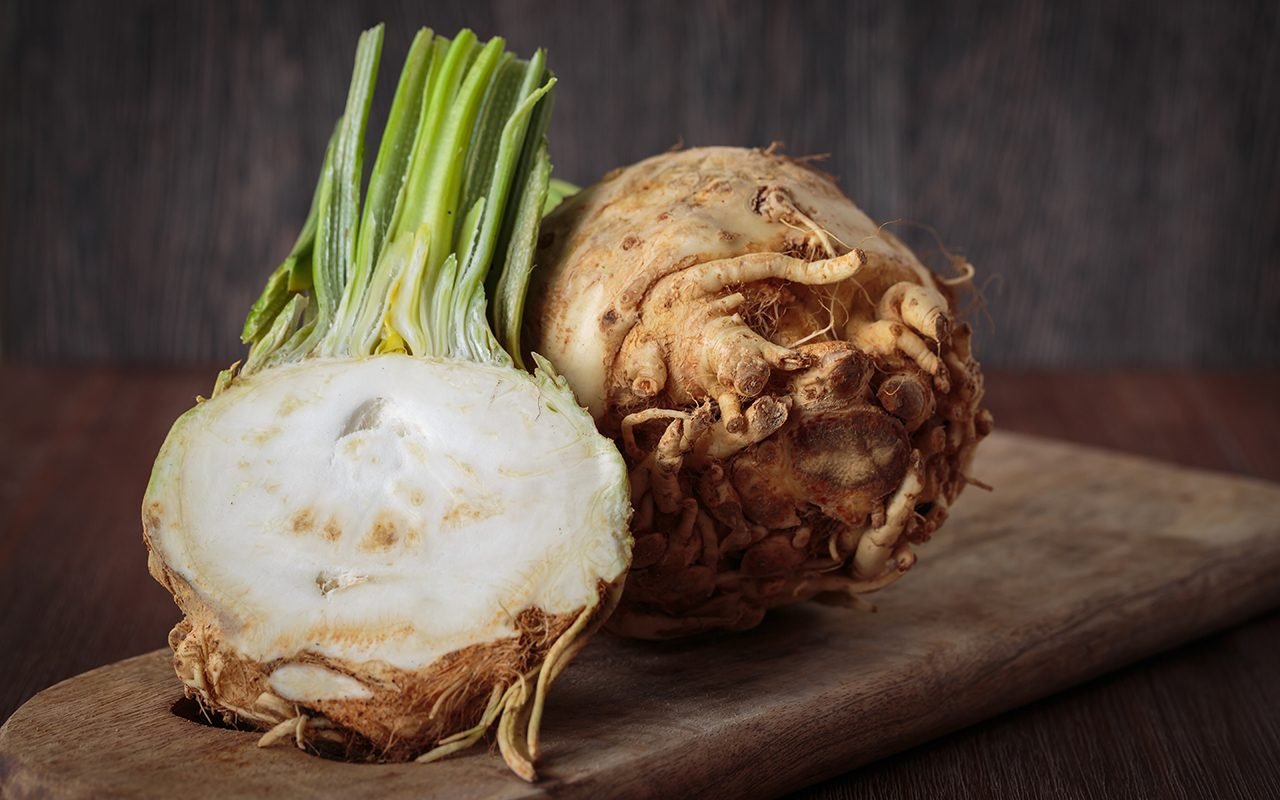
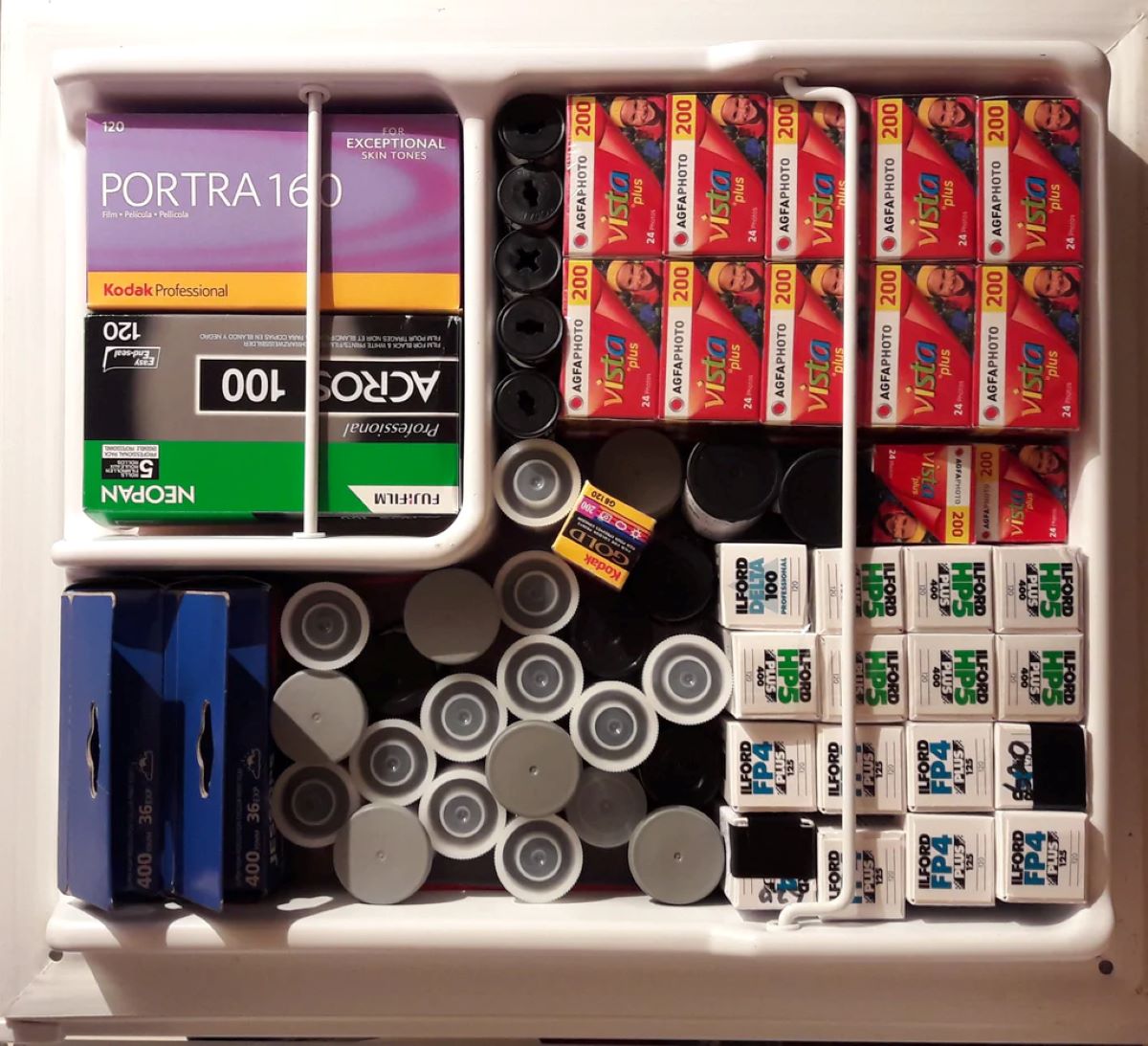

0 thoughts on “How To Store Scallions”